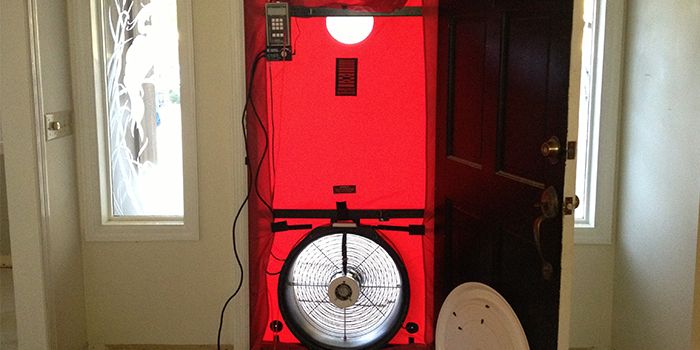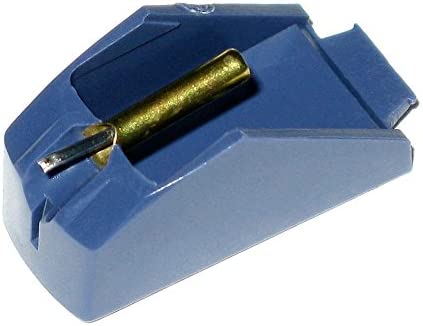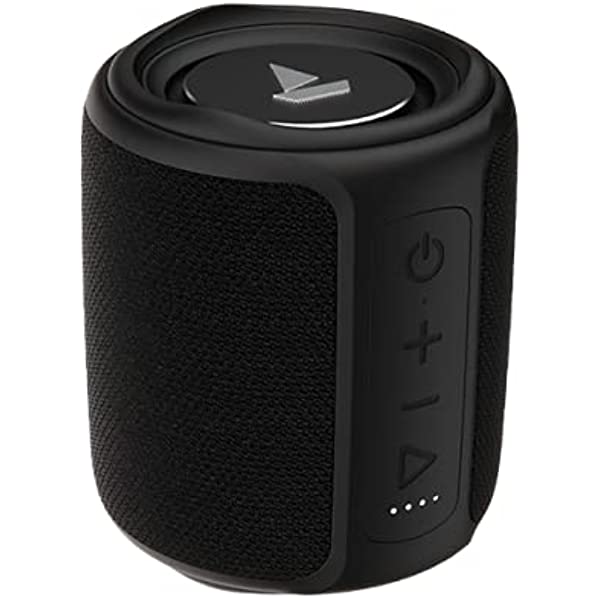The United Arab Emirates (UAE) is known for its impressive skyline and innovative architectural designs. With a harsh climate characterised by scorching summers and the need for constant cooling, energy consumption in buildings becomes a major concern.
Construction industry professionals are using blower door test solutions to improve energy efficiency and minimise environmental impact to meet this problem. Continue reading to learn more about Blower Door Test Solutions in UAE.
Identifying Air Leaks
Blower door tests have the potential to locate air leaks in structures, which is one of its main advantages. The test involves producing a pressure differential between the interior and outside of the structure by installing a large fan in an external entryway.
This distinction makes it possible to find even the smallest air leaks. Blower door tests aid in locating concealed leakage pathways that contribute to excessive energy consumption in the UAE, where buildings frequently feature distinctive architectural styles and intricate layouts.
Enhancing Energy Efficiency
By identifying and sealing air leaks, blower door tests significantly improve the energy efficiency of buildings. In the UAE, where air conditioning is a necessity for most of the year, reducing air leakage can have a substantial impact on cooling loads.
A tightly sealed building prevents unwanted heat gain, reduces the workload on cooling systems, and ultimately lowers energy consumption. This not only helps decrease utility bills but also contributes to the country’s sustainability goals by reducing greenhouse gas emissions.
Validating Building Performance
Blower door tests provide objective data on the airtightness of a building. This information can be used to validate the performance of newly constructed or retrofitted buildings. In the UAE, where the construction industry is rapidly growing, blower door tests serve as a quality assurance measure, ensuring that buildings meet the required standards for energy efficiency and comfort.
By validating building performance, blower door tests help build confidence among developers, architects, and occupants.
Improving Indoor Air Quality
Apart from energy efficiency, blower door tests also have a positive impact on indoor air quality. By identifying and sealing air leaks, these tests prevent the infiltration of dust, pollen, and outdoor pollutants into the building. In the UAE, where dust storms and high levels of particulate matter can be common, blower door tests help create healthier indoor environments.
This is particularly important for individuals with respiratory conditions or allergies, who will benefit from reduced exposure to outdoor pollutants.
Cost Savings
While blower door tests require an initial investment, they often lead to long-term cost savings. By improving energy efficiency and reducing cooling loads, buildings require less energy to maintain comfortable indoor temperatures. This results in lower electricity bills for building owners and occupants.
Additionally, blower door tests help identify areas that require insulation or sealing, allowing targeted improvements and avoiding unnecessary expenses on general insulation measures.
Meeting Building Regulations and Certifications
Blower door tests are increasingly becoming a requirement for building regulations and certifications.
In the UAE, where there is a strong emphasis on sustainability and green building practices, blower door tests can help meet the criteria for certifications such as LEED (Leadership in Energy and Environmental Design) or Estidama’s Pearl Rating System.
By demonstrating compliance with these standards, buildings can enhance their market value and appeal to environmentally conscious investors and tenants.
Optimising HVAC System Design
Blower door tests provide valuable insights into a building’s air leakage characteristics, allowing HVAC (Heating, Ventilation, and Air Conditioning) system designs to be optimised accordingly.
By accurately assessing the building’s airtightness, HVAC systems can be right-sized and properly calibrated, leading to improved performance and energy efficiency. This optimization not only reduces energy consumption but also ensures a more comfortable indoor environment for occupants, resulting in increased productivity and satisfaction.
Resilience to Extreme Weather Conditions
The UAE is prone to extreme weather conditions, including sandstorms and high winds. Blower door tests help identify areas of the building envelope that are vulnerable to air infiltration during such events. By sealing these air leakage pathways, blower door tests improve the building’s resilience, preventing dust and debris from entering and ensuring the integrity of the indoor environment.
This is particularly important for sensitive facilities such as hospitals, data centres, and research laboratories, where maintaining clean and controlled environments is crucial.
Enhanced Thermal Comfort
In addition to energy efficiency, blower door tests contribute to enhanced thermal comfort for building occupants. By eliminating drafts and cold/hot spots caused by air leaks, buildings can maintain more uniform indoor temperatures. This leads to improved occupant comfort and reduces the reliance on localised heating or cooling devices.
Achieving optimal thermal comfort is of great significance in the UAE, where extreme outdoor temperatures necessitate reliable and consistent indoor climate control.
Future-Proofing Buildings
Blower door tests help future-proof buildings by addressing potential issues early on. By conducting these tests during the construction phase or before major renovations, building professionals can identify and rectify air leakage problems before they become more difficult and costly to fix.
This proactive approach ensures that buildings are well-prepared for future energy efficiency regulations, changing occupant demands, and evolving sustainability requirements.
Conclusion
In the pursuit of sustainable and energy-efficient buildings, blower door tests have emerged as valuable tools for professionals in the UAE’s construction industry. By identifying and addressing air leaks, these tests contribute to improved energy efficiency, enhanced indoor air quality, and reduced environmental impact.
As the UAE continues to prioritise sustainability and energy conservation, the adoption of blower door test solutions will play a crucial role in achieving these goals. By identifying air leaks, enhancing energy efficiency, improving indoor air quality, and meeting building regulations, blower door tests contribute to sustainable construction practices and support the UAE’s vision for a greener future.
These tests not only provide cost savings and optimise HVAC system design but also ensure resilience to extreme weather conditions and enhance occupant comfort. By embracing blower door test solutions, the UAE’s construction industry can lead the way in creating energy-efficient, comfortable, and environmentally conscious buildings.
Investing in blower door tests not only benefits building owners and occupants but also supports the UAE’s vision for a greener and more sustainable future.






